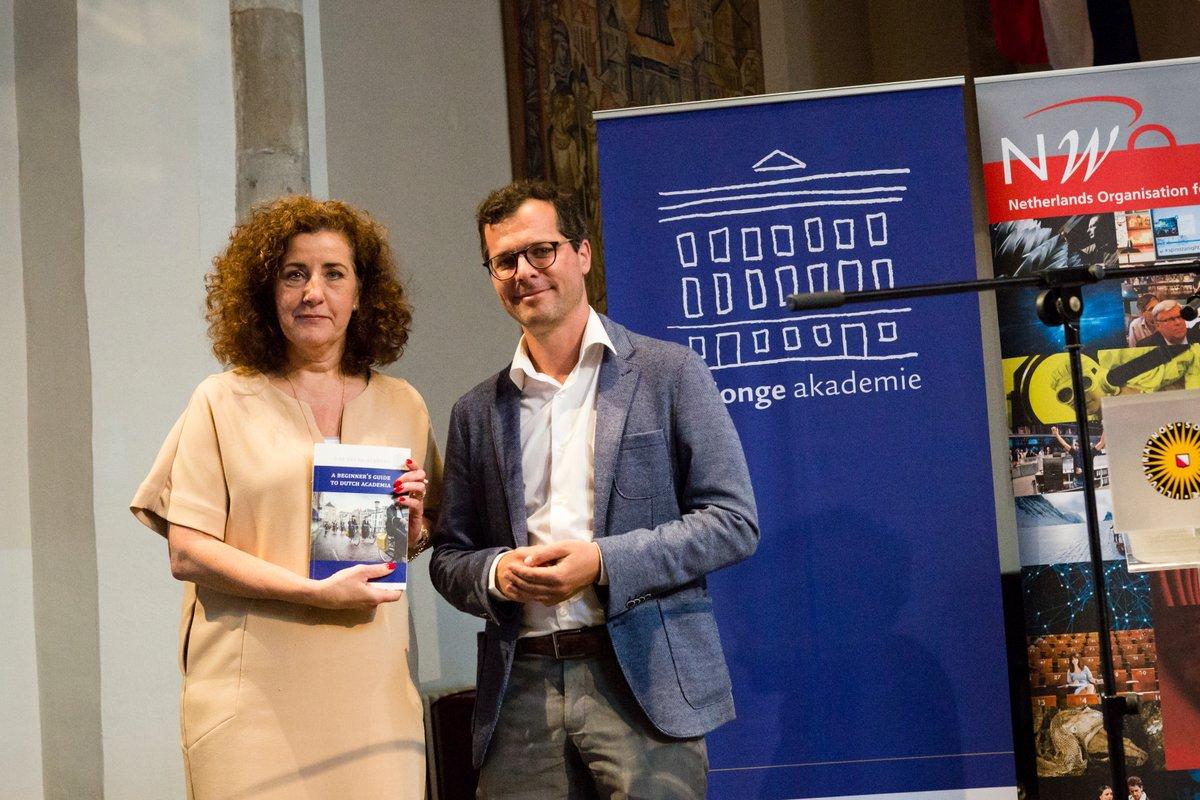The Young Academy presents handbook for expat scientists

A Beginner’s Guide To Dutch Academia, is the name of the English-language booklet presented last week by the Young Academy. In around forty pages, it summarizes the jargon and systems of Dutch science.
Or, at least, insofar as possible. There’s a disclaimer in the introduction: the academic world is a ‘moving target with multiple dimensions’, so any rules and structures differ from university to university, as well as between disciplines. And they change with time, too.
But it can be quite useful to know what kind of grades students in the Netherlands receive. An 8 is a good grade. An 8.5 or higher is the equivalent of an A+ in the United States. A 3 or lower is rarely given, a 10 is just as rare.
‘Zesjescultuur’
The handbook is filled with quotes from an anonymous questionnaire held among scientists about the things they notice in the Dutch academic world. One of them warns for the ‘culture of averageness’ or, in Dutch, ‘zesjescultuur’, among students: “You’ll rarely have to explain why you’re giving a 9 instead of a 10, but they’ll do anything they can to turn their grade into a 6,” the handbook says. Another respondent had to get used to the fact that Dutch people will almost instantly call each other by their first names.
But there’s mostly talk of practical things: where can you apply for research funds, can you bring your partner to the Netherlands, what about maternity leave? There’s also a list of abbreviations that are useful to know: CAO, ECTS, OCW, VSNU, WHW…
One of the creators is the UU professor Christian Lange, who’s originally from Germany. He’s been working in the Netherlands for six years now. Lange: “I would’ve loved to have received a booklet like this when I first got here.”
Feeling at home
It usually takes a few years to get to know the system and to feel at home, he says. “When you get here, you’re overwhelmed with all sorts of tasks and you’ll barely have any time to get to know the system from the inside. You’ll need to teach, you’ll be a committee member somewhere or the other within no time… I still have my blind spots, but I’m getting better now.”
The idea is to update the handbook every now and then, for example every three years. The Young Academy hopes the handbook will be handed out at the universities’ international offices, among others.
Lange recommends all expat researchers to learn Dutch, he says. “It definitely helps in science communication and with the valorization of your research. And the important meetings around here are always in Dutch.”
Translation: Indra Spronk